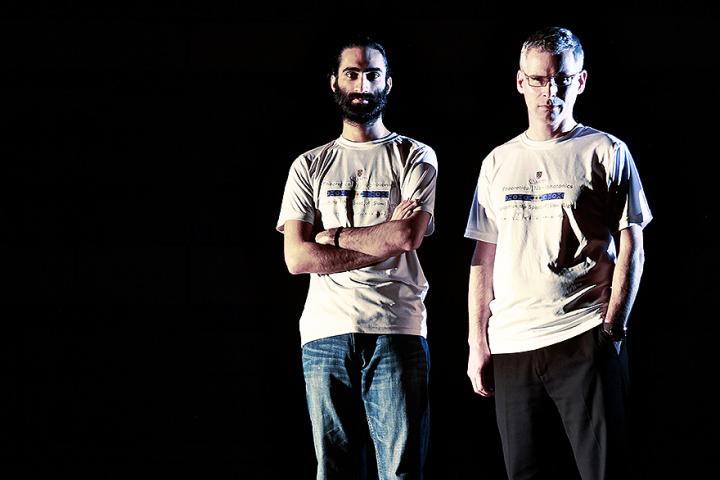A posse of soldiers intent on revenge after one claimed – likely wrongly – to have been shot by the madam of a Kingston brothel is the subject of one of the more infamous stories Margaret Ross tells. The 50 men attacked the “iron-clad” brothel, named for its sheet-metal shutters, with firearms, clubs, and stones while their soldier brothers were being entertained inside. One soldier was shot in the melee and the madam, Minnie Smith, was arrested. She posted bail of $900, worth around $26,000 today.
For Ms. Ross, a Queen’s University doctoral candidate, this story from 1868 is one of many that together allowed her to examine more broadly the social, legal, economic, and political dynamics involved in sex work in Ontario from the 1860s to the 1930s, and today.
This history of sexuality may also offer a valuable new lens through which researchers in various disciplines might see potential solutions to other problems facing Canadians and the global community, such as climate change, health-care inequalities, wealth gaps, the erosion of gender, trans, and queer rights, political misinformation, and war.
Ms. Ross’s research took her across Ontario, including to Kingston, Toronto, Windsor, and Northern Ontario, where she found records detailing a rich history of sex work.
“Exploring how sexuality came to justify repressive political and economic goals, which largely scapegoated sex workers, is at the heart of my project,” says Ms. Ross. She found abundant examples of sexuality’s usefulness, including in orchestrating political campaigns, justifying urban gentrification, raising municipal funds, and extending the judicial system. Her research also shows how economics and politics shaped prostitution regulation, which was especially heavy-handed, says Ms. Ross.
Minnie Smith, for example, called for the police when her brothel was set upon. But fearing that arresting the men would interfere with the military, they arrested the women under attack instead. Ms. Ross also found records in Toronto showing how the property values of middle--class men were affected by the brothels run by their female neighbours, leading to a crackdown on sex work. In Northern Ontario, Ms. Ross says, the judicial system was standardized across the region to address concerns about prostitution.
Little has changed. Sex work is still highly regulated, through zoning rules, tenancy agreements, and federal laws, says Ms. Ross. This could also make her research a valuable resource for sex worker advocates, such as the Canadian Alliance for Sex Work Law Reform, which continues to challenge a 2014 law that criminalizes activities related to sex work.
Exploring how sexuality came to justify repressive political and economic goals, which largely scapegoated sex workers, is at the heart of my project.
When Ms. Ross and the editorial team of the Journal of the History of Sexuality, based in the Department of History at Queen’s, were considering whether methodologies from their field might be used to inform urgent and vexing global issues, they asked researchers around the world for their ideas. More than 60 sent abstracts for papers to be considered for publication. In November, the 12 selected participants will present their papers during a two-day workshop at Queen’s.
The role of sex workers in state surveillance, sexuality and the rise of the gay right, and pornography and state-sponsored family planning are among the topics to be presented, says Ms. Ross, the journal’s editorial assistant since 2023.
Ms. Ross’s own work has allowed her to challenge moralizing narratives and shed light on the resilience and agency of sex workers throughout history, offering insights that can inform policy, challenge stereotypes, and foster a more inclusive understanding of our shared history. Applying the tools of her research to global issues is an inventive and thought-provoking approach to problem-solving.
“The importance of the workshop is to explore how methodologies from our field can be redeployed to provide new perspectives on global problems and entry points for positive change,” she says.
By reframing infamous stories like the Kingston brothel attack, Ms. Ross is using history to help shape our future.



